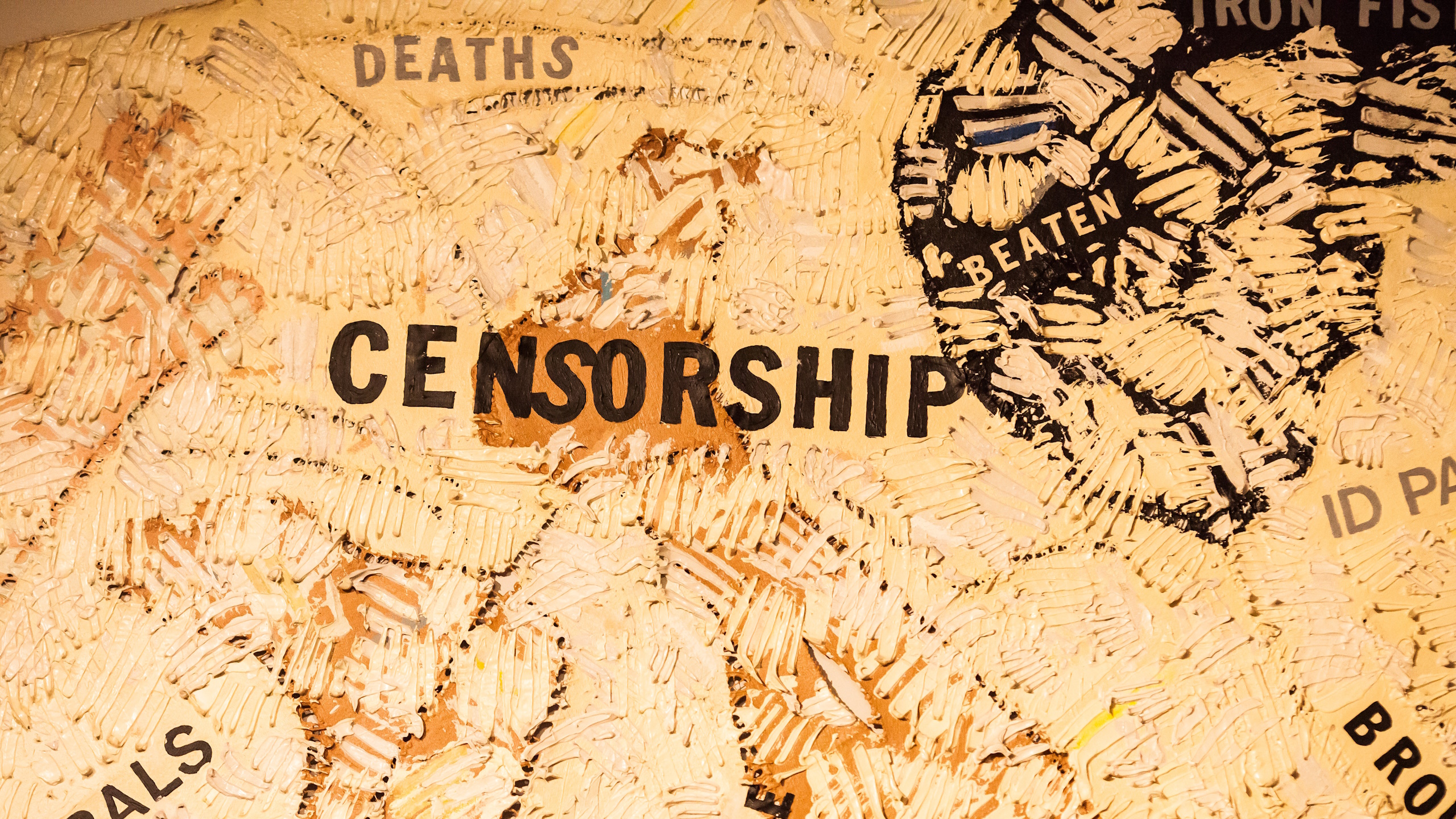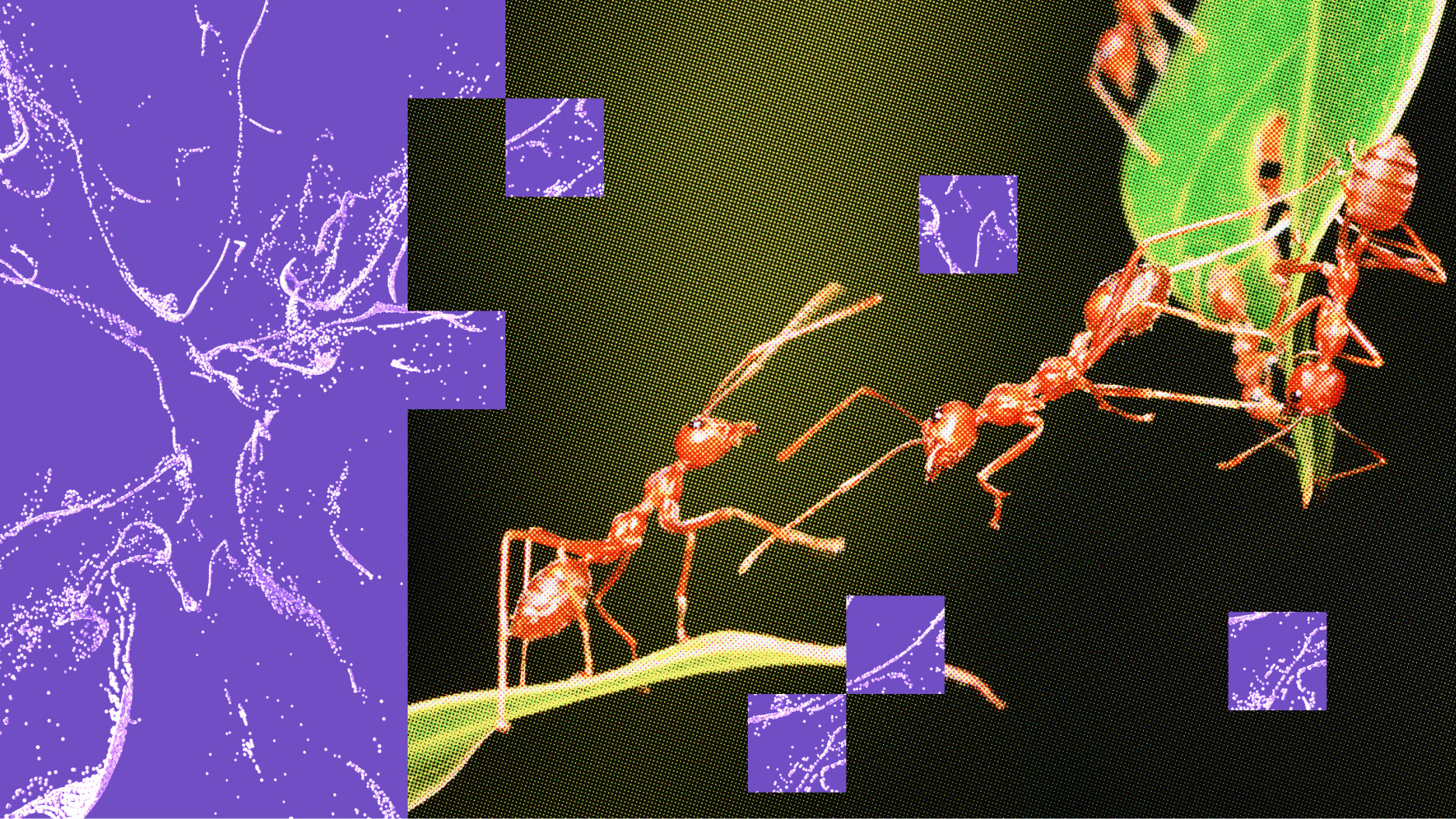Ruth Whippman—a mindful, productive, super-positive nation of nervous wrecks
- “It’s almost like the only way we can understand leisure is as a productivity hack.”
- “If we think of happiness as an individual responsibility, that stands in the way of building a society in which the conditions are there for everybody to thrive.”

In the years before the election of the impossible president rent forever the very fabric of being, the band Radiohead was busy channeling something many of us were feeling but nobody was really talking about. A kind of ambient, multivalent state of anxiety that seemed to characterize life in the mid-to-late ’90s. Listening to Radiohead was therapeutic. Your own awkward, unpresentable panic somehow dissolved into their sonic ocean, where it was transformed into sexy, transcendent beauty. It felt, uh…empowering?
In a New York Times Op-Ed last week, Ruth Whippman wrote: “After a couple of decades of constant advice to ‘follow our passions’ and ‘live our dreams,’ for a certain type of relatively privileged modern freelancer, nothing less than total self-actualization at work now seems enough. But this leaves us with an angsty mismatch between personal expectation and economic reality. Almost everyone I know now has some kind of hustle, whether job, hobby, or side or vanity project. Share my blog post, buy my book, click on my link, follow me on Instagram, visit my Etsy shop, donate to my Kickstarter, crowdfund my heart surgery. It’s as though we are all working in Walmart on an endless Black Friday of the soul.”
Modern anxiety cuts across national borders and social classes, but in America right now its artisanal flavor is a blend of soaring, media-driven dreams and dwindling probabilities of making a living while pursuing them. And nobody’s more eloquent or wickedly funny about this reality than Ruth Whippman, the author of AMERICA THE ANXIOUS. I’m genuinely, sustainably happy that she’s here with me today.
Surprise conversation starter clips in this episode:
Jonathan Haidt on overparenting
Lucy Cooke on anthropomorphizing animals





